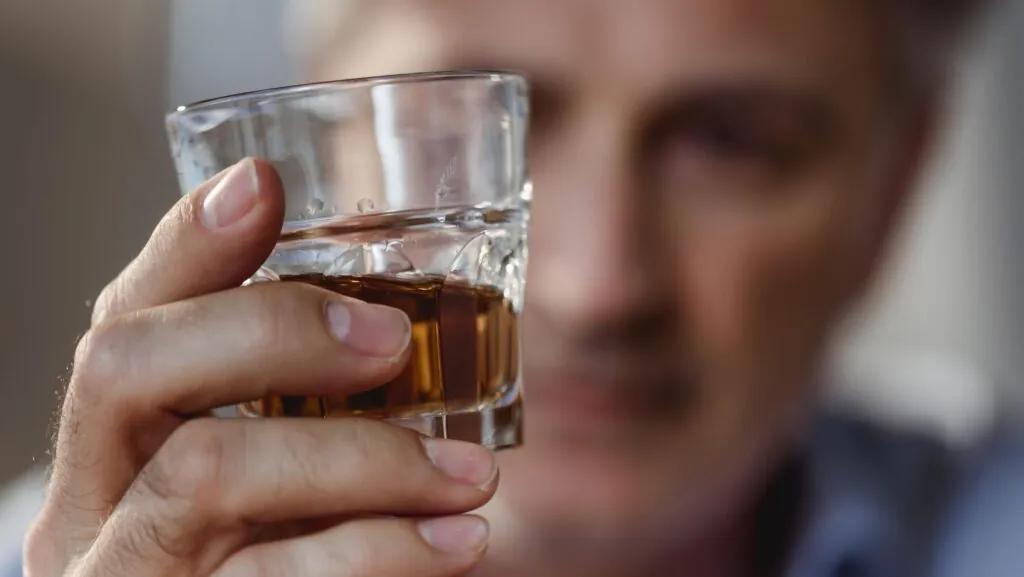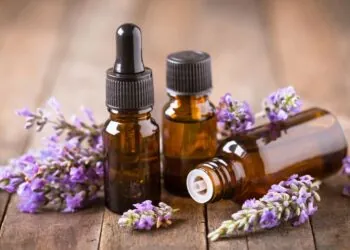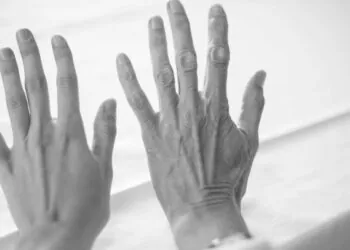Can’t quite seem to get a grip on your alcohol use, but you’re not in a bad spot at work or home?
It’s not uncommon. In fact, you could easily find millions of others in the same situation this year. You know the ones. They show up for work every day, manage to pay the bills, keep the house in order, and maintain happy relationships with loved ones. Yet they all have the same secret – a drinking problem that the people in their lives never suspect.
Why should you care?
Just because you function, doesn’t mean that alcohol isn’t messing with your mental health. According to recent data, 27.9 million people in the United States 12 years and older had AUD in the past year. Yet many of these people would never consider themselves to be “alcoholics.” They’re functionally drinking.
Fortunately, there are mental health strategies that work that can help you manage functional drinking before it develops into a more serious problem. This includes learning the signs of functional alcohol use, so you can take control of your relationship with alcohol and protect your mental health.
What You’ll Learn
- Signs Mental Health Is Suffering
- Support Systems That Work
- Cognitive Strategies For Control
- When Professional Help Is Needed
Let’s Talk Mental Health
Did you know that…
Functional alcohol use and mental health go hand in hand? You might think you’ve got things well in hand, but alcohol affects your brain chemistry and slowly erodes your mental health without you even realizing it.
Alcohol use disorder often occurs in tandem with other mental health disorders. After all, many of the same parts of your brain regulate mood, anxiety, and stress responses as they do alcohol use.

Think about this for a second…
Many people use alcohol as a coping mechanism for stress, anxiety, or depression. However, what starts as a coping mechanism soon becomes part of the problem. Your brain gets used to the alcohol, and you suddenly need it just to feel “normal.”
The thing is that…
Fewer than 10% of people with AUD get any treatment despite treatment being available. Most functional drinkers are very convincing when it comes to telling themselves that they “don’t need any help.” I mean, you’re clearly not in a bad place after all. The problem is that your mental health is quietly suffering in the background.
Red Flags to Watch For
How can you tell if your drinking is having an impact on your mental health?
It starts with being aware of the warning signs. Functional alcohol use tends to appear in a number of patterns that you can easily overlook.
You might be experiencing mental health problems if:
- You become more anxious or irritable on days you don’t drink.
- You use alcohol to manage stress or negative emotions.
- You have difficulty sleeping unless you drink.
- Your mood seems to be tied to your drinking habits.
- You feel increasingly guilty or ashamed of your drinking.
Remember that your brain is very adaptable. If you regularly use alcohol to manage emotions, your natural coping skills start to get weaker. You end up needing to drink more and more to start feeling okay.
Sounds pretty bad, right?
A Strong Support System
Here’s a secret about getting help that not many people know…
You don’t need to hit rock bottom before you get help. One of the best mental health strategies is to get your support system in place before things get too difficult.
This may mean talking to:
- A therapist or counselor that specializes in alcohol or drug use.
- Friends that you trust and who understand boundaries.
- A support group (virtual groups are an option).
- Healthcare providers or specialists who can monitor your health.
The right support system isn’t made up of people that enable or judge you. It’s people who will hold you accountable while also respecting your personal space.
Cognitive Mental Health Strategies
Here are a few simple mental health strategies that are worth a shot.
Pay close attention to your drinking patterns. This includes the emotions tied to those patterns. You’re not setting a judgment here. You are looking at triggers that you can learn to manage.
Ask yourself:
- What situations make me want to drink?
- What do I feel like before and after I drink?
- What am I trying to avoid or escape?
Self-awareness is powerful. When you know your patterns, you can start to make decisions intentionally instead of reacting to situations.
Decide on limits for yourself before you’re in a situation where alcohol is available. Don’t wait to get in a position where you’re suddenly drinking. Choose alcohol-free days per week, set a maximum number of drinks per day, and have backup activities for occasions when you would usually drink.
Try to make these decisions ahead of time, when you’re thinking clearly, and not in the moment when you’re feeling stressed or pressured.
Lifestyle Changes Matter Too
Did you know that lifestyle factors make a difference?
They do. In fact, your lifestyle has a huge impact on both your mental health and ability to manage your drinking. Tinkering around the edges can lead to improvements.
Exercise is not just good for your physical health – it is essential for mental health. Exercise releases chemicals in your brain that make you feel better and help you manage cravings. Try to get 30 minutes of walking most days.
Many functional drinkers use alcohol to help them fall asleep. However, alcohol actually disrupts the quality of your sleep, and you end up feeling more tired and vulnerable to stress. Build a sleep routine that doesn’t involve alcohol, create a relaxing pre-bedtime routine, and optimize your bedroom for sleep (dark and cool are both helpful).
Stress is one of the most common reasons people drink, which means building alternative ways to cope is vital. Try deep breathing if you find yourself getting stressed, consider journaling to process difficult emotions, spend more time in nature, and start an engaging hobby.
These may seem like basic suggestions, but they do work. The point is to build healthy ways to cope with situations that don’t involve alcohol.
Mental Health Treatment and Professional Help
Here’s one of those things that we all need to be honest about…
Sometimes self-care and management just isn’t enough. Identifying when you need to seek out professional help is a strength, not a weakness.
You should consider reaching out to a professional if your drinking is increasing despite your efforts to cut back, you experience any withdrawal symptoms or cravings on days when you don’t drink, your drinking is having an impact on work or relationships, or you’ve attempted to quit multiple times without lasting success.
Integrated behavioral interventions are a type of treatment that combines treatment for mental health issues with alcohol use treatment. Integrated programs address both problems simultaneously which can be more effective than treating them separately.
The right professional can help you identify any underlying mental health conditions, develop personalized coping skills and strategies, discuss any medication options if appropriate, and help create accountability systems that work for you.
Don’t wait until things get worse. The earlier you get help, the easier recovery is and the better chance you have of avoiding more serious problems in the future.
Bottom Line
Functional alcohol use is manageable, but it takes a level of honesty with yourself and effort to protect your mental health. You can’t partially engage with these techniques and expect to see results.
Pick one or two of the strategies above and start them this week. Whether it is tracking your drinking, making that first therapy appointment, or simply committing to three alcohol-free days.

Whatever you decide to do, make sure you are specific, and start right now.
Functional alcohol use might seem okay at the moment. However, it is also slowly and quietly damaging your mental health in ways you might not even realize. Strategies like developing a support system, gaining cognitive awareness, and making simple lifestyle changes can help you regain control of your life.
Start small, stay consistent, and know that asking for help is always an option. Your future self will thank you for taking these steps today.














Discussion about this post